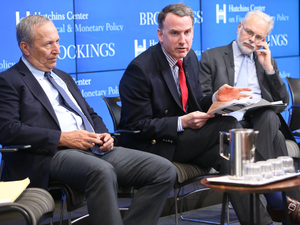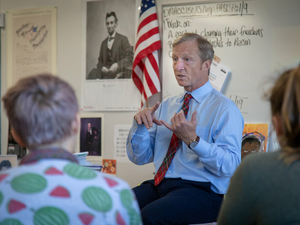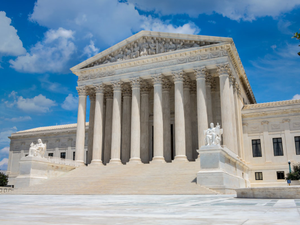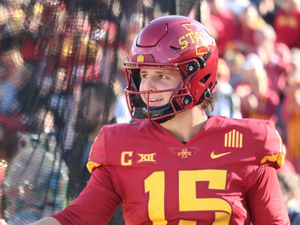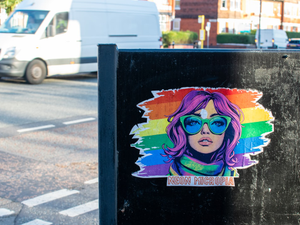Instagram's Crackdown on Teen Content: What Parents Need to Know

Photo by Ionut Roman on Unsplash
Meta is taking a hard stance on teen safety with new Instagram restrictions that promise to create a more age-appropriate digital environment. Starting this week, teen accounts will automatically default to PG-13 level content, limiting exposure to potentially harmful material.
The new settings mean teenagers won’t see posts involving strong language, dangerous stunts, or content promoting risky behaviors like drug paraphernalia. By default, teen accounts will be private and have significant usage restrictions designed to protect younger users from inappropriate content.
Meta’s approach includes blocking accounts that regularly share age-inappropriate content and preventing these accounts from interacting with teen profiles. Search terms related to sensitive topics like suicide, eating disorders, and alcohol will also be blocked, even if misspelled.
However, digital safety advocates remain skeptical. Organizations like Fairplay and ParentsTogether argue that while these measures sound promising, they’ve heard similar pledges before without substantial implementation. Josh Golin from Fairplay suggests the announcement might be more about avoiding legislation than genuine protection.
The platform is also implementing stricter AI chat experiences, ensuring that artificial intelligence interactions remain age-appropriate. Parents will have the option to set even more restrictive content settings for their children’s accounts.
Desmond Upton Patton, a University of Pennsylvania professor, sees this as an opportunity for meaningful dialogue between parents and teens about digital safety. He appreciates the clarity around AI interactions, emphasizing the importance of understanding these are not human connections.
As social media continues to evolve, these new safeguards represent a significant step towards creating a safer online environment for younger users. However, experts stress that technological solutions must be paired with ongoing conversations about digital literacy and responsible online behavior.
AUTHOR: cgp
SOURCE: AP News











